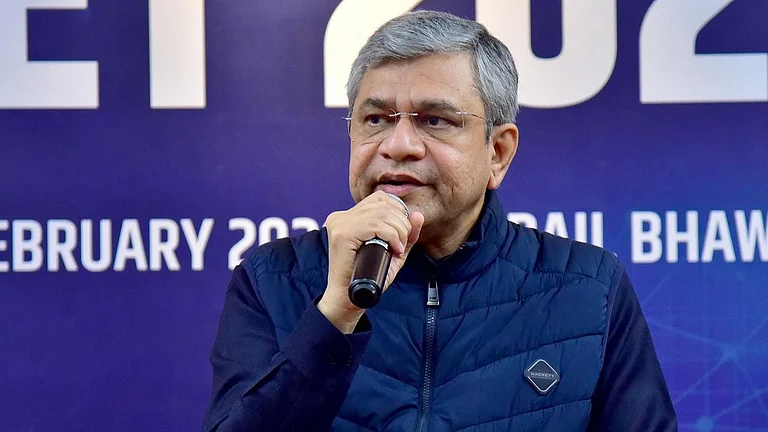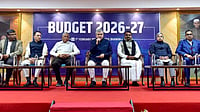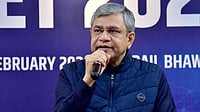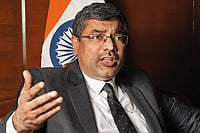The Budget addresses challenges in electronics manufacturing by rationalising import duties on components, said minister for electronics and information technology Ashwini Vaishnaw on February 1.
The Union Minister added that the Budget 2025 largely focused to solve the existing issues in electronic manufacturing related to customs and warehousing facilities.
“The electronic manufacturing sector faced challenges related to permanent establishment and Advance Pricing Agreements (APAs), which have now been addressed by the Finance Minister in the Union Budget”, said Vaishnaw.
“By bringing these changes, India will be able to match the standards of countries like Malaysia and Japan,” as per him.
According to Vaishnaw, the Union Budget emphasises regulations, infrastructure, tax reforms, talent management, and research through a comprehensive 360-degree approach.
He stated that with these reforms and programs, the $115 billion electronic manufacturing sector is expected to grow tremendously in the coming years.
In terms of employment, he stressed that electronic manufacturing has 25 lakh jobs today, and will grow fourfold in the next few years.
According to Vaishnaw, the growing demand for electronic items in the country will also have a significant impact on the service sector, as services grow as a consequence of manufacturing and investment in the sector.
While briefing the media, the minister stated that with the rollout of the GCC policy for high-value services, all states are also encouraged to formulate their own GCC policies as Odisha already announced one in recent ‘Utkarsh Odisha’ – Make in Odisha Conclave 2025.
Vaishnaw assured that amid the rise of disruptive technologies, the government is actively working to introduce programs focused on cybersecurity and promote indigenous chip production by establishing FAB units in the country.































